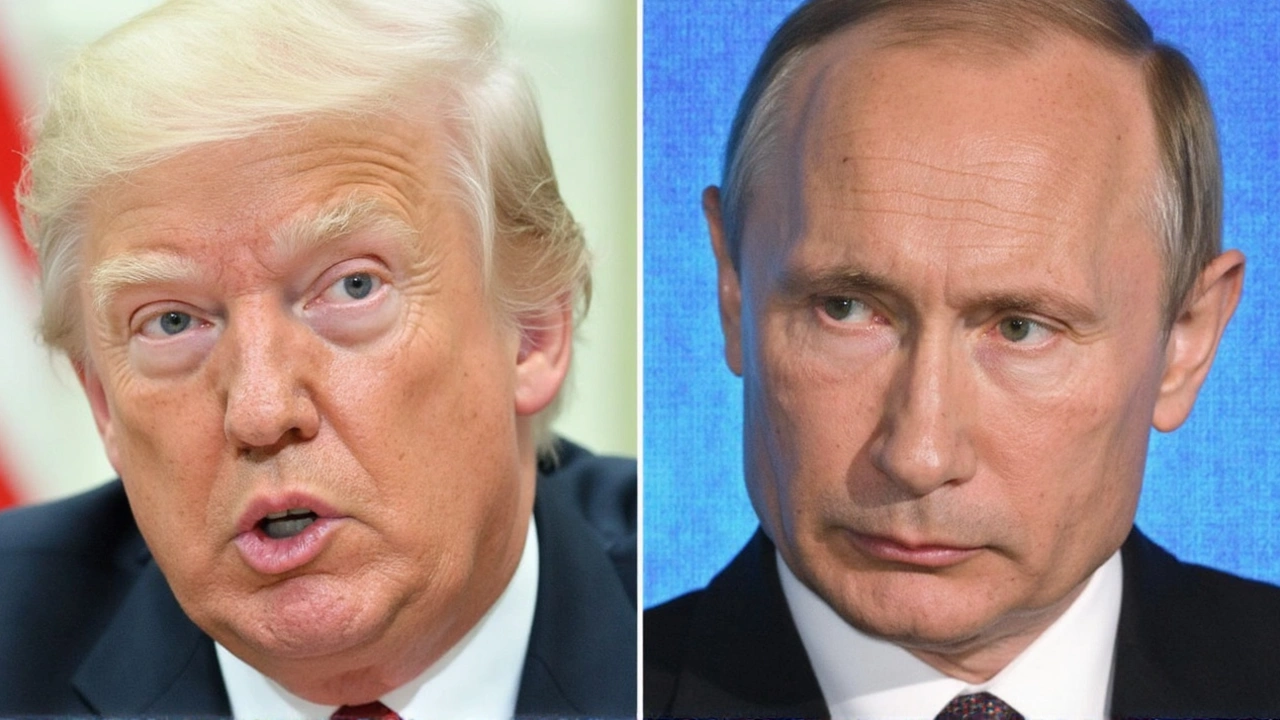Kremlin Rejects Ceasefire Amid Intensified Ukraine-Russia Conflict
The Kremlin has firmly closed the door to a timeline for peace talks in the ongoing Ukraine conflict, despite mounting calls from Western powers for a ceasefire. On April 15, Russian officials made it clear they are dismissing these demands as Ukraine ramps up its counterattacks, reflecting a tense standoff with no signs of calming.
In eastern Ukraine, the fighting has not abated. Russian forces are pressing their offensive in regions like Lyman and Orikhiv, though reports suggest no real territorial gains have emerged from these efforts. Meanwhile, Ukraine is not standing idle. Following Russian missile strikes on Sumy City—which led to the tragic death of 35 civilians—Ukraine retaliated with vigor, hitting the 448th Missile Brigade’s base in Kursk Oblast. This strike caused an ammunition explosion, further escalating tensions.
U.S. Diplomatic Moves: A Controversial Proposal
In a significant diplomatic overture, U.S. Special Envoy Steve Witkoff, after discussions with Russian President Vladimir Putin, put forward a peace plan that has stirred controversy. This proposal suggests settling disputes over five strategically crucial territories, including the much-disputed Crimea and other partially occupied regions. Critics have been quick to point out that this plan seems to mirror Kremlin objectives too closely, especially as the Trump administration appears to step back its support for Ukraine's military defenses.
Diplomatic dynamics aside, the battlefield has transformed with the increased use of drone warfare. Over the recent days, tensions have peaked with Ukrainian forces unleashing 115 drones against Kursk Oblast. This assault—which resulted in the death of one person and injuries to nine others—was a direct counter to Russian strikes on Sumy. In response, Russia claims it intercepted 26 drones in its retaliatory strikes on Ukrainian infrastructure, maintaining a tit-for-tat escalation that fuels the ongoing conflict.
The Kremlin's outright rejection of a proposed 30-day ceasefire highlights deeper issues, particularly Russia's demands for sanctions relief and restrictions on maritime strikes, which remain unmet. As these diplomatic doors close, the war continues unabated.
On the logistics front, reports indicate a significant shift with North Korean artillery making up a large portion of Russia's ammunition supply. This highlights how Russia is leaning heavily on external allies to sustain its military operations. Meanwhile, in Ukraine, significant changes are afoot in their military structure. The establishment of two new National Guard corps, led by commanders from the Azov and Khartiia units, signals a strategic military restructuring aimed at bolstering defense capabilities.
